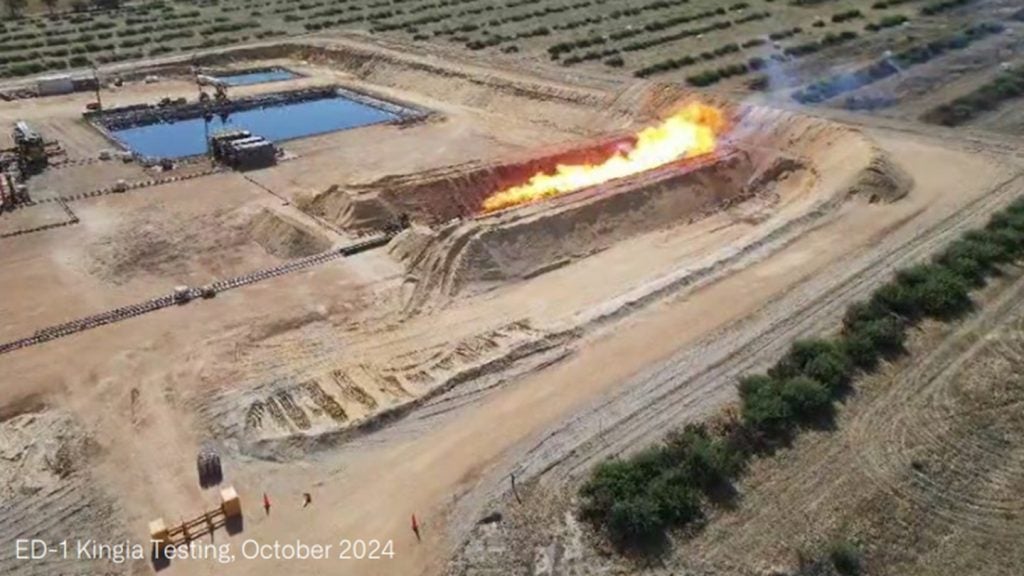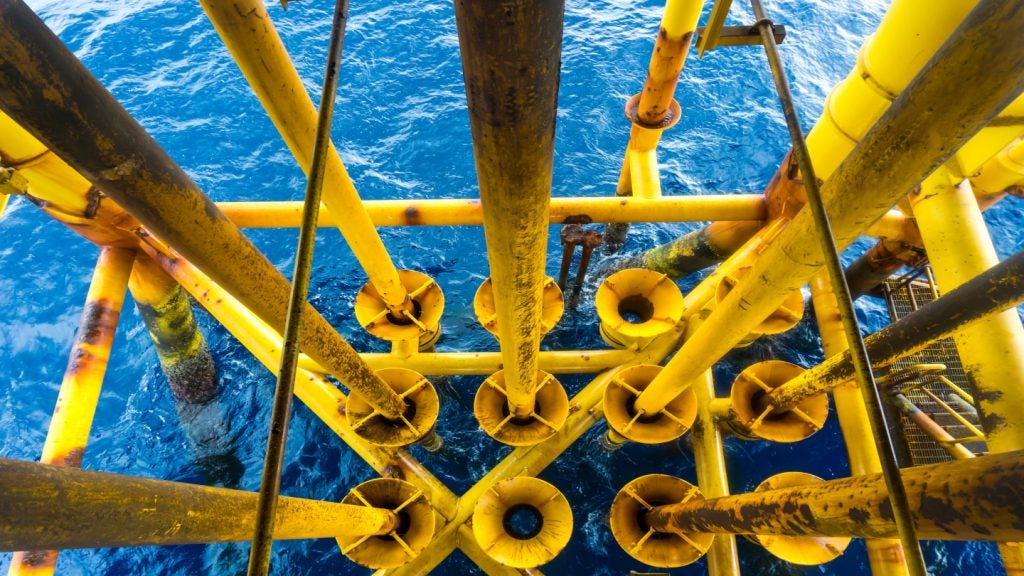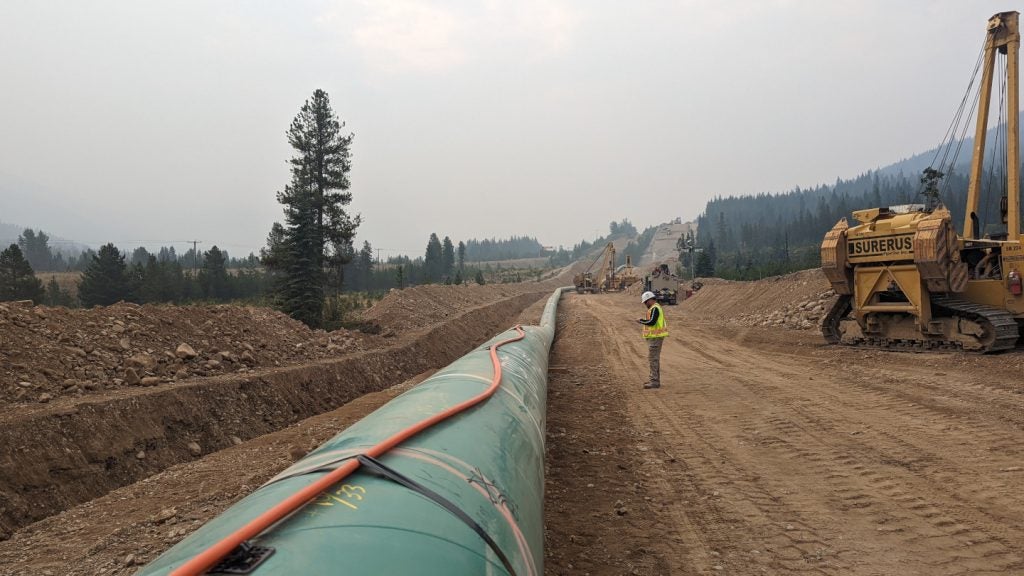Brent crude prices have reached their highest level since November 2014 after the Organization of the Petroleum Exporting Countries (OPEC) producer group has so far refused to raise oil production to counter potential supply issues, due to the impending sanctions on Iran.
Brent crude futures LCOc1 soared 30 cents, or 0.4%, to reach $81.50 per barrel, while US West Texas Intermediate (WTI) crude futures CLc1 increased by 20 cents, or 0.3%, to stand at $72.28, Reuters reported.
The sanctions are set to be implemented from November this year and the US is stepping up pressure on several countries to reduce oil purchases from Tehran.
BNP Paribas commodity markets strategy global head Harry Tchilinguirian was quoted by the Reuters as saying: “Iran will lose sizeable export volumes, and given OPEC+ reluctance to raise output, the market is ill-equipped to fill the supply gap.”
OPEC+ comprises the OPEC members and other non-OPEC producers, including Russia.
The US Government called on OPEC and Russia to increase output to offset the expected slump in Iranian supplies.
How well do you really know your competitors?
Access the most comprehensive Company Profiles on the market, powered by GlobalData. Save hours of research. Gain competitive edge.

Thank you!
Your download email will arrive shortly
Not ready to buy yet? Download a free sample
We are confident about the unique quality of our Company Profiles. However, we want you to make the most beneficial decision for your business, so we offer a free sample that you can download by submitting the below form
By GlobalDataHowever, the producer cartel, which met in Algiers recently, is reluctant to heed to the demands of the US administration.
Financial services firm Cantor Fitzgerald oil analyst Ashley Kelty told Reuters that crude prices could soon reach $90 a barrel.
Kelty said: “We don’t believe OPEC can actually raise output significantly in the near term, as the physical spare capacity in the system is not that high.”
Futures brokerage Oanda Asia-Pacific trading head Stephen Innes said: “If OPEC is physically unable to ramp up production, then oil prices do indeed have much further to run.”
The OPEC members and Russia agreed on a deal in 2016 to curb production to support Brent crude prices.







